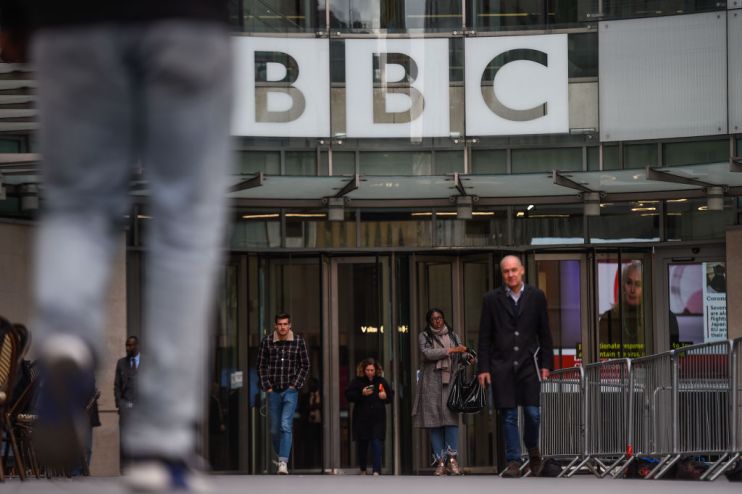Government opens consultation into licence fee decriminalisation

Culture secretary Nicky Morgan will today launch a public consultation on whether to decriminalise non-payment of the TV licence fee, ramping up political pressure on the BBC.
Under current laws anyone who uses a TV or watches BBC iPlayer without paying the licence fee is guilty of a criminal offence. Those who refuse to pay the fine for non-payment, which can be as high as £1,000, face criminal conviction or even imprisonment.
But the government is now seeking views on whether it should replace the criminal sanction with a different enforcement scheme amid a shift in viewing habits fuelled by the rise of streaming services such as Netflix.
“As we move into an increasingly digital age, with more and more channels to watch and platforms to choose from, the time has come to think carefully about how we make sure the TV licence fee remains relevant in this changing media landscape,” Morgan said ahead of a speech at the Policy Exchange think tank today.
“Many people consider it wrong that you can be imprisoned for not paying for your TV licence and that its enforcement punishes the vulnerable.”
She added: “Today we are launching a public consultation to make sure we have a fair and proportionate approach to licence fee penalties and payments, that protects those most in need in society.”
In addition, the culture secretary unveiled a new flexible payment scheme — dubbed the Simple Payment Plan — to help vulnerable people such as over-75s who are struggling to pay the licence fee.
The BBC yesterday confirmed that the licence fee, which is set by the government, will rise from £154.50 to £157.50 from 1 April — in line with inflation.
The corporation previously announced that the blanket free TV licence scheme will be scrapped, meaning up to 3.7m pensioners will be required to pay the newly increased charge from 1 June.
Last year there were roughly 25m TV licences being used in the UK, generating an income of £3.69bn for the BBC. The government acknowledged that decriminalisation would have an impact on the broadcaster’s funding.
The consultation comes amid calls for the licence fee to be replaced by a subscription model similar to that of Netflix.
Media research firm Enders Analysis yesterday warned that any overhaul of the licence fee would severely impact the BBC’s income, while its public service broadcasting expenditure of £4.1bn would “just be a pipe dream”.
“Any possible transition to a subscription funding model would take many years, with considerable implementation costs to cover,” it added.
The government said that any move to decriminalise licence fee evasion would not enter into effect until April 2022.
“A detailed government-commissioned review found the current system to be the fairest and most effective,” a BBC spokesperson said. “It did not recommend change — in part because the current system is effective in ensuring payment with very few people ever going to prison.”
“Of course it is important that any system commands public respect and we hope that any debate about the future is based on the evidence. And if there are changes, they must be fair to law abiding licence fee payers and delivered in a way that doesn’t fundamentally undermine the BBC’s ability to deliver the services they love.”